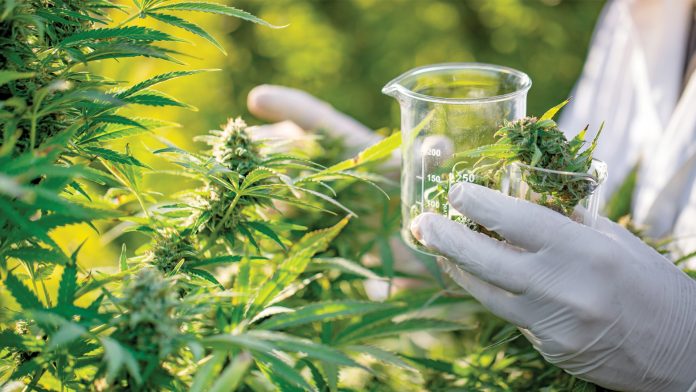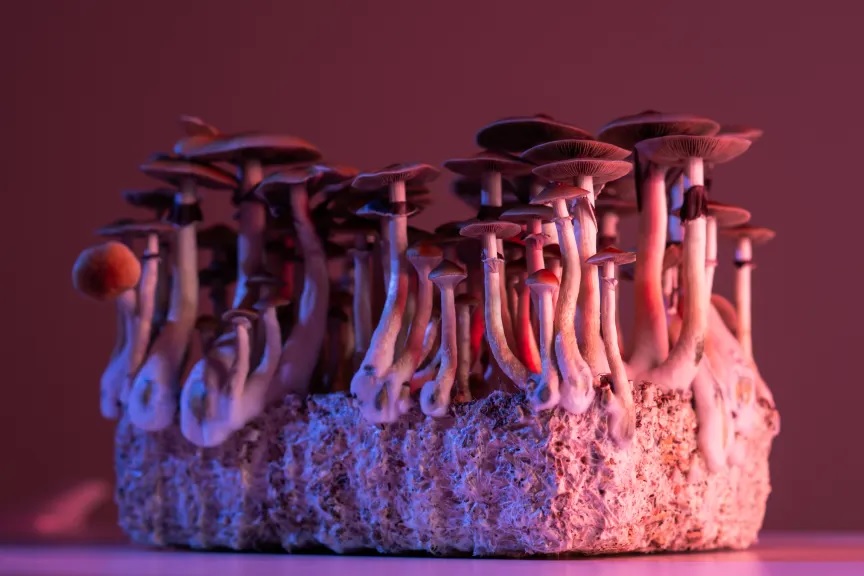HHC, or Hexa-hydro-cannabinol, is a cannabinoid that has gained attention in the hemp industry for its similarity to delta-9-THC, the psychoactive compound found in marijuana.
While HHC shares structural similarities with THC, it interacts with the endocannabinoid system differently.
Its potential effects and properties are still being researched, but its affinity for delta-9-THC suggests potential implications for hemp products and regulations.
As with other cannabinoids, further scientific investigation is necessary to understand HHC’s role and potential benefits or risks fully.
If you are interested in buying genuine CBD-based products, then discover Mana Botanics online, where all products related to CBD are available in abundance.
What is HHC?
Hexa-hydro-cannabinol (HHC), while garnering recent attention in the global cannabis market, is not entirely new.
It is an analog of THC, possessing similar molecular structures with slight variations. Despite its recent focus, HHC has been known to scientists for some time.
Unlike THC and CBD, which are found in significant amounts in cannabis flowers, HHC is typically present in lower quantities.
Its emergence in forums and discussions reflects a growing interest among hemp consumers. Still, it is not a newly discovered substance in scientific circles but rather an area of renewed interest and exploration.
How is HHC produced?
Discovered in the 1940s by chemist Roger Adams, Hexa-hydro-cannabinol (HHC) is created through a process called hydrogenation, altering the THC molecule’s physical properties.
This modification enhances stability, prolonging shelf life and making it less susceptible to UV light and heat damage.
Mark Scialdone, BR Brands Chief Science Officer, notes that hydrogenation replaces double bonds with hydrogen atoms, increasing stability.
Does HHC get you high?
HHC produces similar effects to THC, but its potency varies due to a mix of active and inactive molecules. Commercially available HHC blends lack cost-effective separation methods, resulting in inconsistent potency.
User experiences liken the high to a middle ground between delta-8 and delta-9 THC. Most information on HHC’s effects and side effects is subjective, with reported side effects including the following:
- Anxiety
- Paranoia
- Dry mouth
- Red eyes
- Increased appetite
- Insomnia
Is HHC legal?
The legality of HHC has fueled its popularity, particularly in the United States. Unlike delta-9-THC, HHC is not federally prohibited thanks to regulations introduced in 2018 legalizing hemp derivatives with less than 0.3% THC.
Consequently, HHC products are legal at the federal level in 41 states, with potential regulation looming. However, states may individually regulate HHC, leading to varying legal statuses across the country. For instance, Ohio and Virginia permit HHC use.
In Europe, the Czech Republic allows legal access to HHC-containing hemp products due to its absence from the banned substances list, unlike THC.
This creates a “loophole” for HHC consumption. Interestingly, products with HHC can be ordered from countries like the Czech Republic or the US to Poland, although possession legality varies.
Overall, the complex legal landscape surrounding HHC highlights discrepancies between federal and state regulations in the US and showcases differing attitudes toward cannabinoids in different regions, leading to varying levels of accessibility and legality for consumers.





